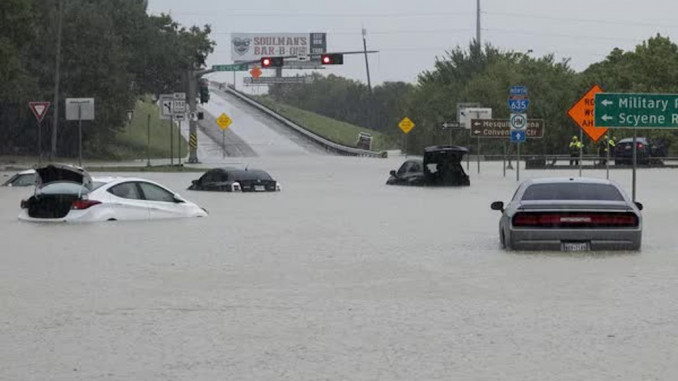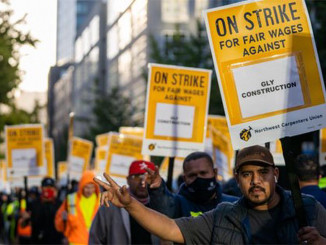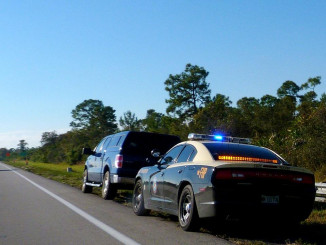
In just a week’s time, the news of flash floods and monsoon flooding around the world is showing us again that the effects of climate change are not just a fear for the future, but rather an immediate threat to all of us.
Flash floods plagued wide areas of the United States, including Dallas, TX; Jackson, MS; and the California and Nevada deserts. In Mississippi, a train was derailed, roads were washed away, homes were destroyed, and more flash floods and river flooding are anticipated this week. Highways between California and neighboring states have been completely washed out. In all areas, risky rescue missions had to evacuate people of all ages from facilities like nursing homes and daycare centers. The Dallas flooding marks the fifth 1-in-1000-year flood event in the U.S. within only a five-week period (each of those events individually had a 0.1% chance of happening this year). Last month, the flash floods in Kentucky killed at least 38 people and destroyed thousands of homes. The other rare flooding events occurred in St. Louis, MO; Death Valley; and southeastern Illinois.
Internationally, the worst flood in decades in Pakistan affected 33 million people, killing nearly 1,000. Flash floods in Afghanistan killed over 180 people and left many without homes, food, and their livelihoods. Floods not only destroy homes, but also the livestock, farmland, and ecosystems that inhabit the areas and are a crucial source of jobs, food, and a healthy environment. Tens of millions are now left without shelter or food.
Human-caused climate change is making these events more likely, more severe, and they fluctuate more quickly between extremes. Flash floods become more deadly after dry spells, when the dry land cannot absorb any of the accumulating water. A recent study predicted that cost of annual flooding could increase by 26% by 2050 and that that will disproportionately affect poor people. For example, in southern Appalachia, where the Kentucky communities are still reeling and now facing a heat wave, the deadly combination of the terrain, poverty, and coal mine scars that accelerate floods make it a hot spot for the effects of climate change and leave residents with no homes or land, nowhere to go, and no money or resources to build up an infrastructure to handle future weather events.
People are facing the consequences of climate change right now! Despite empty talk from politicians, the oil industry is profiting at all-time highs and new federal leases for fossil fuels are still being issued. In a capitalist system, where increasing profit is the main motive, transitioning away from a fossil fuel infrastructure while also providing people with the means to survive simply is not possible. If we have any hope of preventing these crises from worsening, we cannot leave the decisions in the hands of the so-called leaders who are only protecting their power and the wealth of the One Percent. Instead, we must organize to take decision-making into our own hands and to protect all humans and our world.




